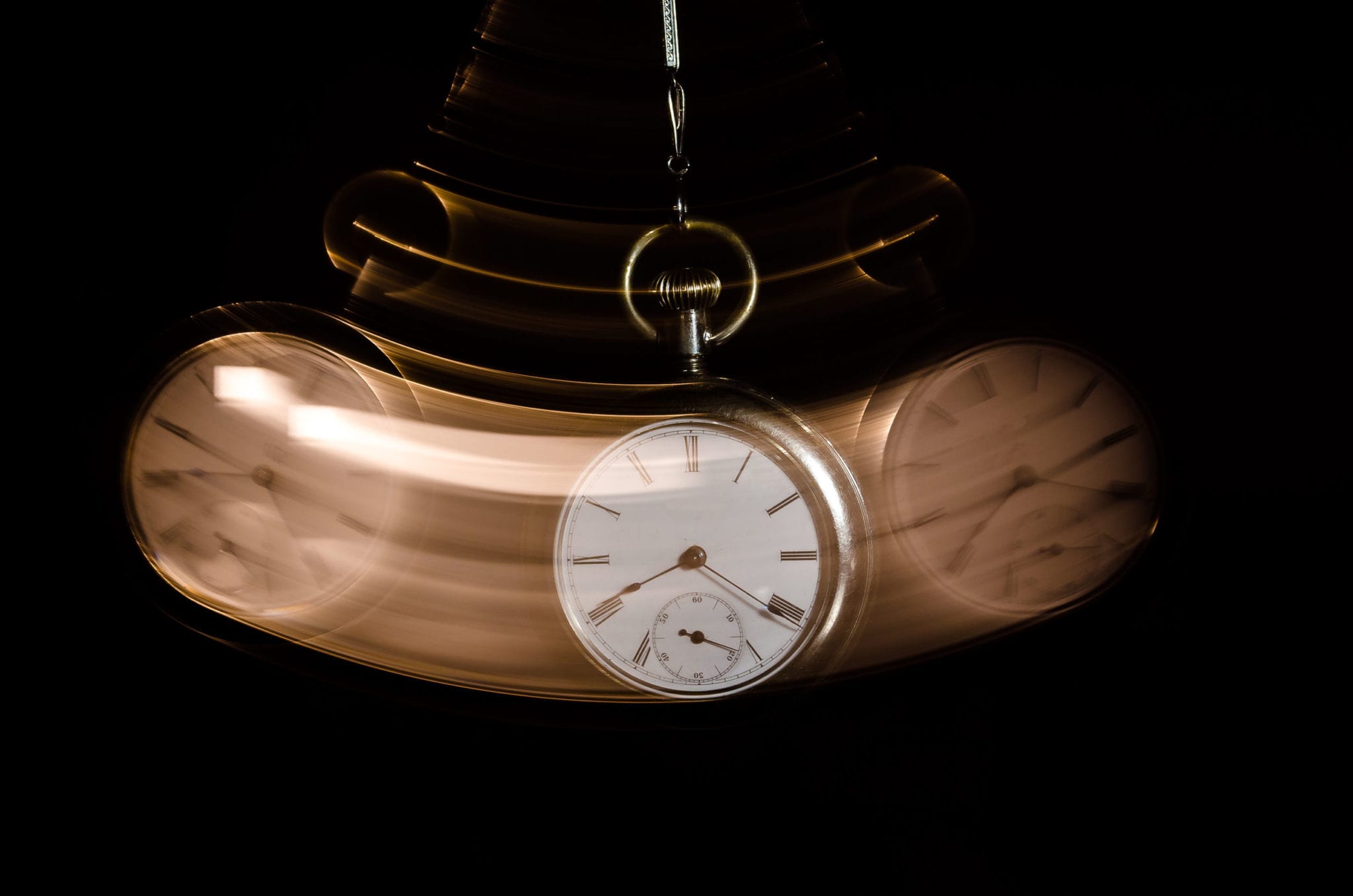Detectives and other law enforcement personnel have a broad range of evidence gathering methods used when investigating a crime.
The problem is that not all of these methods are reliable. You’ve probably heard of evidence being thrown out that was illegally obtained or handled improperly at various points along the way.
The latest forensic tool making controversial news is known as investigative hypnosis. It has been successfully used to charge suspects in a number of criminal cases in the state of Texas.
However, certain advocates and legal professionals feel that this forensic tool violates what’s known as the junk science law in Texas.
Learn more about what investigative hypnosis entails, how Texas junk science laws apply to its use in the courtroom, and how you can defend your rights if you are facing charges based on this tool.
What Is Investigative Hypnosis?
Investigative hypnosis, sometimes referred to as forensic hypnosis, is the use of hypnotic techniques to help witnesses and victims recall “facts” about a suspect or a crime.
The technique is banned in many states due to controversy surrounding the technique and its efficacy as a valid forensic tool.
Texas Death Row Inmates Claim Junk Science
In Texas, there is a question currently working its way through the court system as to whether or not this technique should be used to charge defendants with crimes. Currently, at least two death row inmates have appealed their convictions claiming that the use of this technique constitutes what is known as “junk science.”
The defendants were charged after a witness to the crime was put through a hypnosis session to try and remember facts about the case. After a year the witness identified the suspects through information gleaned from the hypnosis session.
Texas Courts Say Let the Federal Circuit Decide
The inmates are appealing the convictions, saying this violates Texas junk science laws. Their current appeals have been denied at the state level but they are free to pursue the appeals at the federal level.
What Are Texas Junk Science Laws?
The Texas junk science laws state that if new scientific evidence comes out which contradicts the findings of a previously tried case, the new evidence can be used to overturn the case.
In the matter of investigative hypnosis, there is not yet conclusive evidence that hypnosis is a reliable technique for recalling information.
It has, however, been used in Texas for decades. There are many who believe this technique is ineffective and potentially violates the rights of those accused of a crime.
Texas’ Junk Science Writ
The junk science writ, which was passed in 2013, has three criteria that must be met in order for it to be used as a defense in an appeal. These three factors include:
- When a scientific field has evolved or been discredited in the years since the conviction;
- When individual experts who, based on further study and changes in the understanding of scientific knowledge at large, would have given a different opinion at trial under today’s scientific standards; and
- When new forensic testing techniques emerge that were not available at the time of trial.
The junk science writ helps to protect the rights of the accused every stage of a criminal investigation, and especially in cases where investigative hypnosis, and other similar techniques, may have been used.





